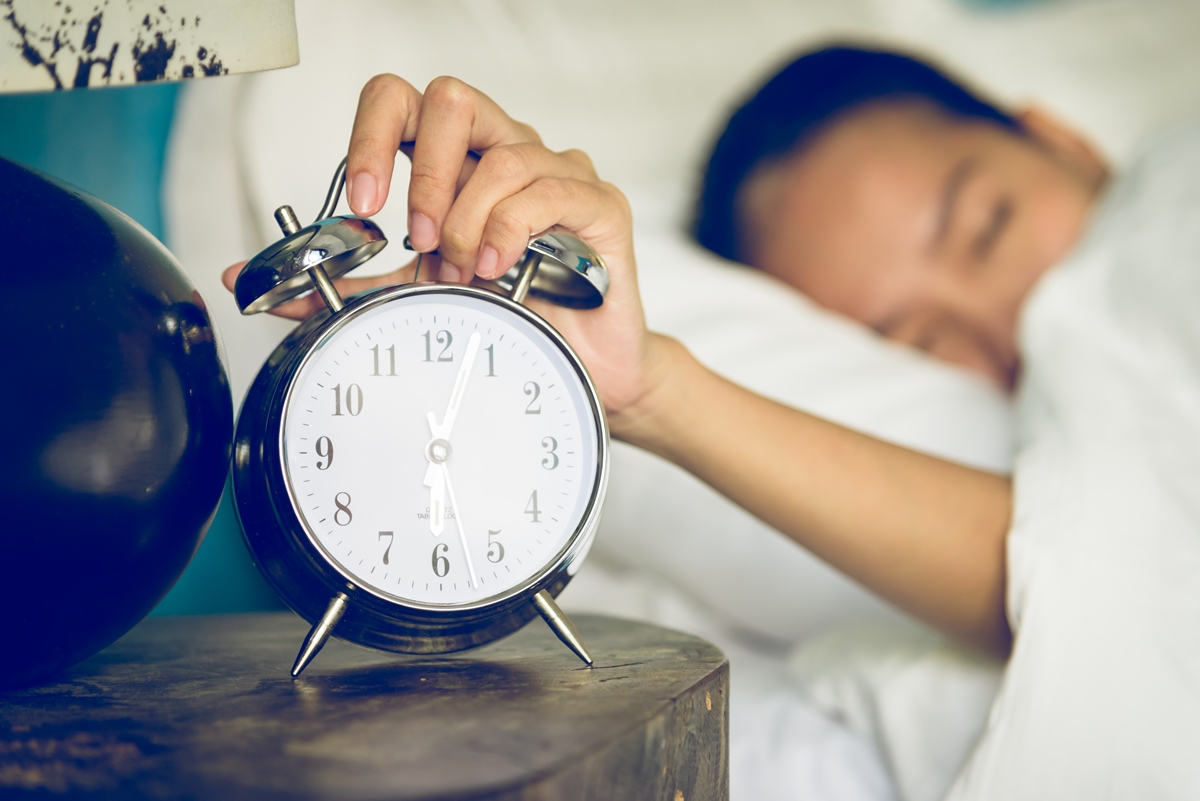

It may be that certain types of light from e-readers and electronic tablets can disrupt control of our natural day-and-night cycle. There is some evidence that the time we spend looking at electronic screens can affect our sleep. Also, if you suddenly stop taking regular sleeping tablets or other sedative medicines, this can cause rebound poor sleep. For example, 'water tablets' (diuretics), some antidepressants, steroids, beta-blockers, painkillers containing caffeine, and some cold remedies containing pseudoephedrine. Some medicines sometimes interfere with sleep. Street drugs (for example, ecstasy, cocaine, cannabis and amfetamines) can affect sleep.

Alcohol does help you get to sleep quicker, but then causes broken, poor-quality sleep and early morning wakefulness.

You may find it difficult to switch off your anxieties about work, home or personal problems. Poor sleep in these situations usually improves in time. This may be because of stress, a work or family problem, jet lag, a change of routine, a new baby, a strange bed, etc. You may then have an impression of having a bad night's sleep, even when the total amount of time asleep was normal. This may make you irritated or anxious, and you are more likely to remember the times of wakefulness. You may clock-watch and check the time each time you wake up. You may feel that to wake in the night is not normal, and worry about getting back off to sleep. You may remember the normal times of being awake in the night. However, there are a number of possible causes which include the following: Concern about wakefulness

Poor sleep may develop for no apparent reason.
#INSOMNIA BEST TREATMENT HOW TO#
Dr Magid Katz, How to improve your sleep behaviour What causes insomnia?
#INSOMNIA BEST TREATMENT FULL#
You may think you got a full night’s sleep, but you wake up tired. They’re called mini-arousals and can be worsened by poor sleeping position. Many people wake up periodically during the night without even knowing it. If you are distracted during the wakeful times (for example, a partner snoring, traffic noise, etc) then the wakeful times tend to last longer and you are more likely to remember them. Normally, you do not remember the times that you wake if they last less than two minutes. Sleeping tablets are not the best way to help with sleep problems because they don't fix the cause of insomnia, you can get addicted to them, and they often stop working if you take them regularly. Therefore, the strict medical definition of insomnia is: 'Difficulty in getting to sleep, difficulty staying asleep, early wakening, or non-restorative sleep despite adequate time and opportunity to sleep, resulting in impaired daytime functioning, such as poor concentration, mood disturbance, and daytime tiredness.'įurther ways to promote sleep in more difficult cases include relaxation techniques, regular exercise and certain psychological therapies. What is important is that the amount of sleep that you get should be sufficient for you, and that you usually feel refreshed and not sleepy during the daytime. For most people it takes less than thirty minutes to fall asleep. However, as you become older, it is normal to sleep less. Most people establish a pattern that is normal for them in their early adult life. On average, most adults need between 6 and 9 hours of sleep to feel refreshed. For adults, the minimum we need is about 6 hours per night. Different people need different amounts of sleep.


 0 kommentar(er)
0 kommentar(er)
